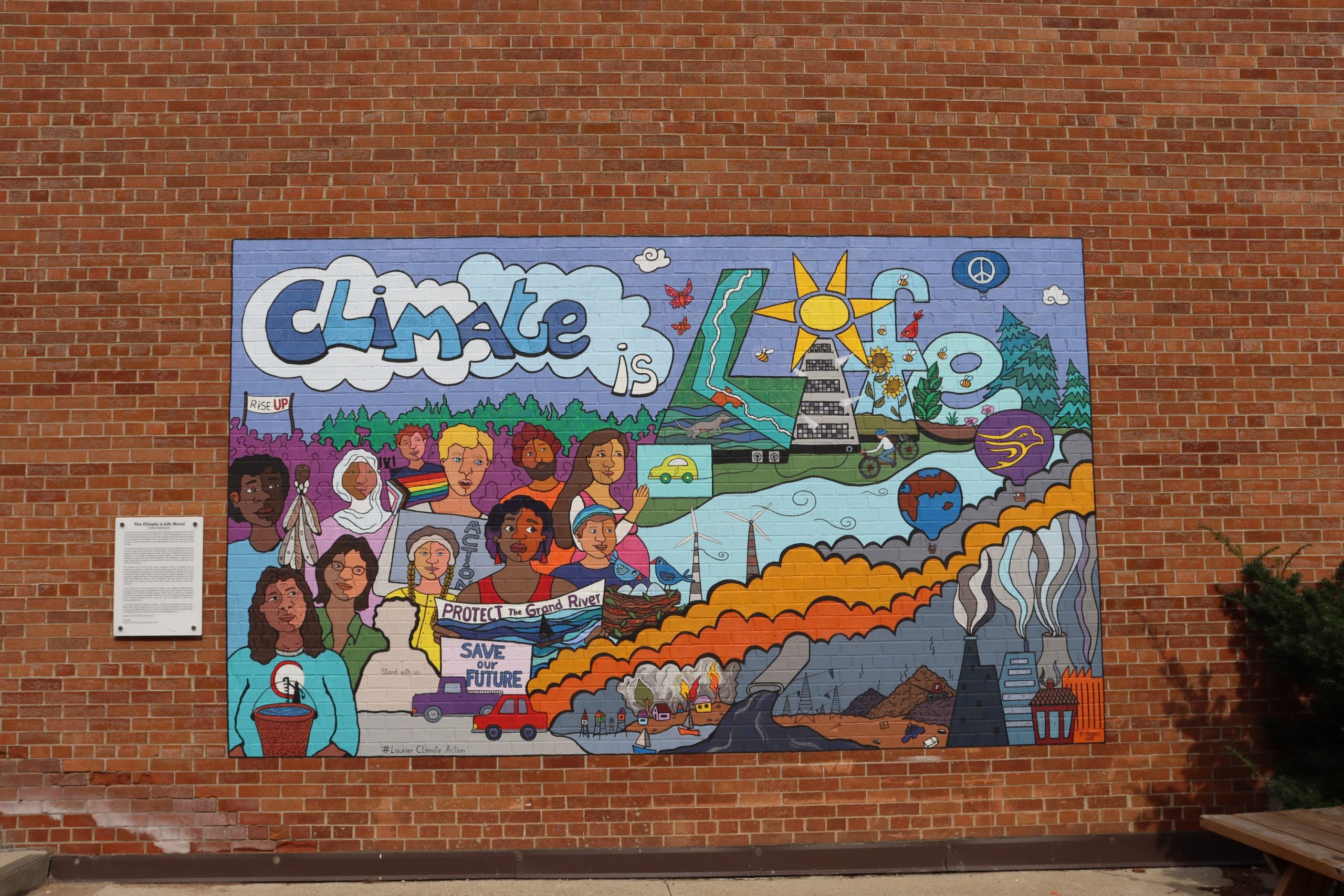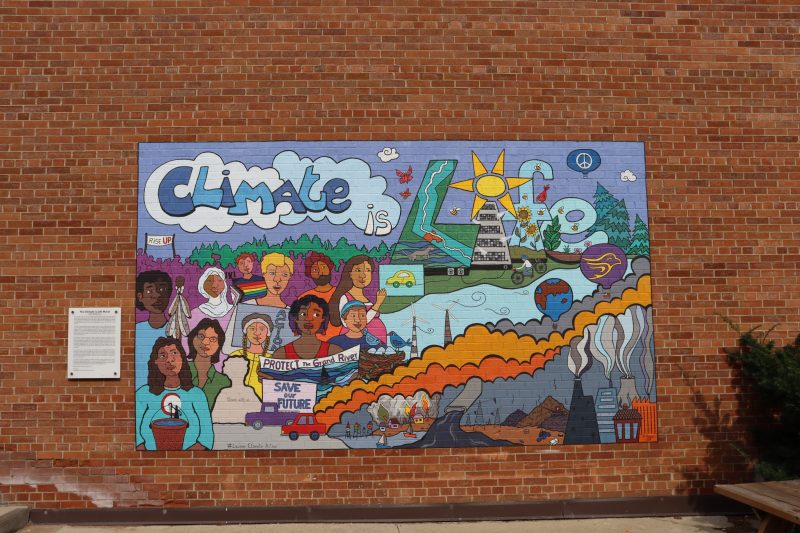Natural disasters growing due to climate change


With climate change causing rising temperatures and sea levels, it is important to understand the risks of natural disasters in our area.
There has been recent flooding in China, wildfires in Canada, California and Hawaii. Further, there have been hurricanes in the Caribbean and landslides in India.
Many factors go into the effect a natural disaster will have on a community.
Some variables include the magnitude of the event, landscape of the location hit, amount of resources that a community has, population, protective measures or protocols in place and the amount of government action.
Michael Bitton, assistant professor in the faculty of Geography and Environmental Studies, explained in regard to vulnerable communities in the case of natural disasters,
“These are the people who have less expensive homes, built lower to the ground, on flood plains and therefore far more susceptible to flooding.”
Though the safety of many communities is trusted in the hands of the local government, they sometimes have external pressures that cause environmental well-being and protection of their citizens to come second.
For instance, prior to the 2010 catastrophic earthquake in Hati the country faced a dramatic increase in population.
Since there was a drastic demand for housing, deforestation occurred in order to build new houses.
This had significant environmental impacts. The roots of trees stabilize the soil they are in, so once they are removed the ground is vulnerable to shifts in tectonic plates.
This results in disasters such as landslides and earthquakes.
The earthquake in Hati led to 190,000 homes destroyed and a quarter million lives lost.
There are many low-cost tools accessible to assist in understanding terrains and the effect certain developments will have on them.
Steven Roberts, associate professor in the faculty of Geography and Environmental Studies at Laurier, touched on his background in spatial analysis tools, geographic information science and land-use planning.
He explained that, “there are ways to do this stuff with little resources. You don’t have to have big investments to be able to tap into some of the tools. It’s whether or not there’s support to do that and whether or not the decision making processes are transparent enough to want to know the answers. Often the answers will not be what the people in power want to hear.”
The effects of climate change can be seen in the wide range of increasing environmental impacts around the world.
In California, the rise in temperature has resulted in vegetation drying out quicker and more thoroughly.
This has caused an ongoing battle with wildfires, destroying the natural environment and making the naturally tectonically active region even more vulnerable to other natural disasters.
Similar to the effects of deforestation in Haiti, Bitton stated that,
“The elimination of plants makes that landscape far more susceptible to flooding washouts, mudslides, and landslides since all the land that used to be held in place by the roots of the plants, can now erode and tumble down slope much easier.”
Not only will there be more natural disasters occuring, but they will have a greater impact.
With Canada’s recent battles against wildfires, the effects of global warming are evident.
Just this year, the eastern coast of Canada was hit by Hurricane Lee, a tropical storm that left 170,000 Canadians without power for days.
With sea surface temperatures rising and warmer waters coming further north, Canada could be receiving more hurricanes and stronger storms each year.
As Bitton illustrates, “when I think about GG231 – Risks and Disasters, my big goal is for people to be aware that different locations may have very different disaster risks.
The big ideas are to understand/know why there are certain risks in certain places so that people can better prepare for their specific vulnerabilities and help the masses, especially the less fortunate, prepare since preparation can decrease the loss of life, if nothing else.”


